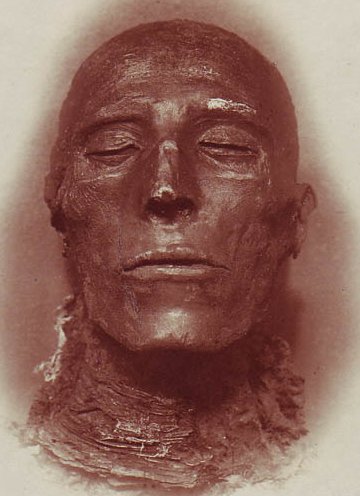
Robert E. Howard’s “The Shadow Kingdom” is a remarkable advancement upon “Exile of Atlantis” and the “Am-ra of the Ta’an” fragments. Howard’s first published story of what will later be known as the Pre-Cataclysmic Age leaves behind the derivative world of Edgar Rice Burroughs pastiches to mine new territory in terms of character and setting as well as genre. Kull, the barbarian who has recently seized the crown and now must struggle to keep it, marks a significant break from both Howard and the fantasy genre’s past while continuing to build upon the age-old theme of the outsider as noble savage. Howard was hardly the first young man who felt a sense of kinship with such characters. It is not hard to imagine the aspiring young writer, alienated in Cross Plains, pouring his feelings into the exiled Atlantean who remains an outcast even after rising to the throne of Valusia.
The story opens with Kull making a proper royal entrance. Unsurprisingly, the barbarian king’s empathy rests not with Valusia’s finest archers and trumpeters, but with the mercenaries paid to act as foot soldiers – men who show the king little respect, but who demonstrate integrity for all their brash honesty and disdain for pretence.
This sets the stage for the introduction of Brule, the noble Pict destined to become Kull’s most loyal companion. While Brule enters the series as a figure of suspicion, Kull soon modifies his opinion of his character. Brule, like Kull, is a man of integrity. It is not hard to imagine Howard crafting his story through the eyes of his protagonist starting out with a prejudice against Brule only to have the Pict prove his loyalty. Howard the writer literally became Kull the character. This intense and unique identification between creator and creation is part of what gives Howard’s best work its strength for the author imparts to the reader his genuine surprise at unforeseen developments. The world of Howard’s stories was real to its author and this is what separates him from perhaps every other fantasy writer with the exception of Tolkien.
Kull agrees to dine with Ka-nu, the Pictish envoy grown fat and debauched from his years in the Valusian capital. Kull’s initial assessment of Ka-nu, as with Brule, is negative but circumstances again prove Kull (and thereby Howard) to be a rash judge of character for Ka-nu does behave with honor.
Tales of court intrigue were common at the time Howard wrote “The Shadow Kingdom.” The adventure stories of Alexandre Dumas, Anthony Hope, and Henry Bedford-Jones were among the staple diet of many young men and women. Howard broke with convention once again with this tale by having the duplicitous members of Kull’s court not only be likened to serpents, but actually be unmasked as serpents disguised as men. This wrinkle in the plot would be ridiculous in the hands of most writers. The difference is that Howard passionately believes in his fiction and consequently, the reader is willing to suspend their disbelief.
“The Shadow Kingdom” still inspires excitement in readers over eighty years since its publication when the story concludes with Kull vowing to hunt the Serpent-Men all over the world to destroy them once and for all. The tale which first introduced Kull to readers in 1929 was a long time coming for Howard who had taken Kull from supporting player in tribal dramas to a principled exile to an unlikely king on his arduous path to publication.
The quest to destroy the Serpent-Men is a conceit that would later inspire L. Sprague de Camp to expand the role of the Stygian sorcerer, Thoth-Amon and the cult of Set into a comparable recurring plot device in his revised and expanded Conan stories of the 1950s, 1960s, and 1970s. That particular version of Howard’s more famous barbarian hero is one that rankles many purists today, but it is a vision de Camp borrowed from Conan’s predecessor and Howard’s original noble savage. The 1929 publication of “The Shadow Kingdom” ushered in the new era of Kull, exile of Atlantis and his alter-ego, Robert E. Howard, exile of Cross Plains.


.jpg)
No comments:
Post a Comment